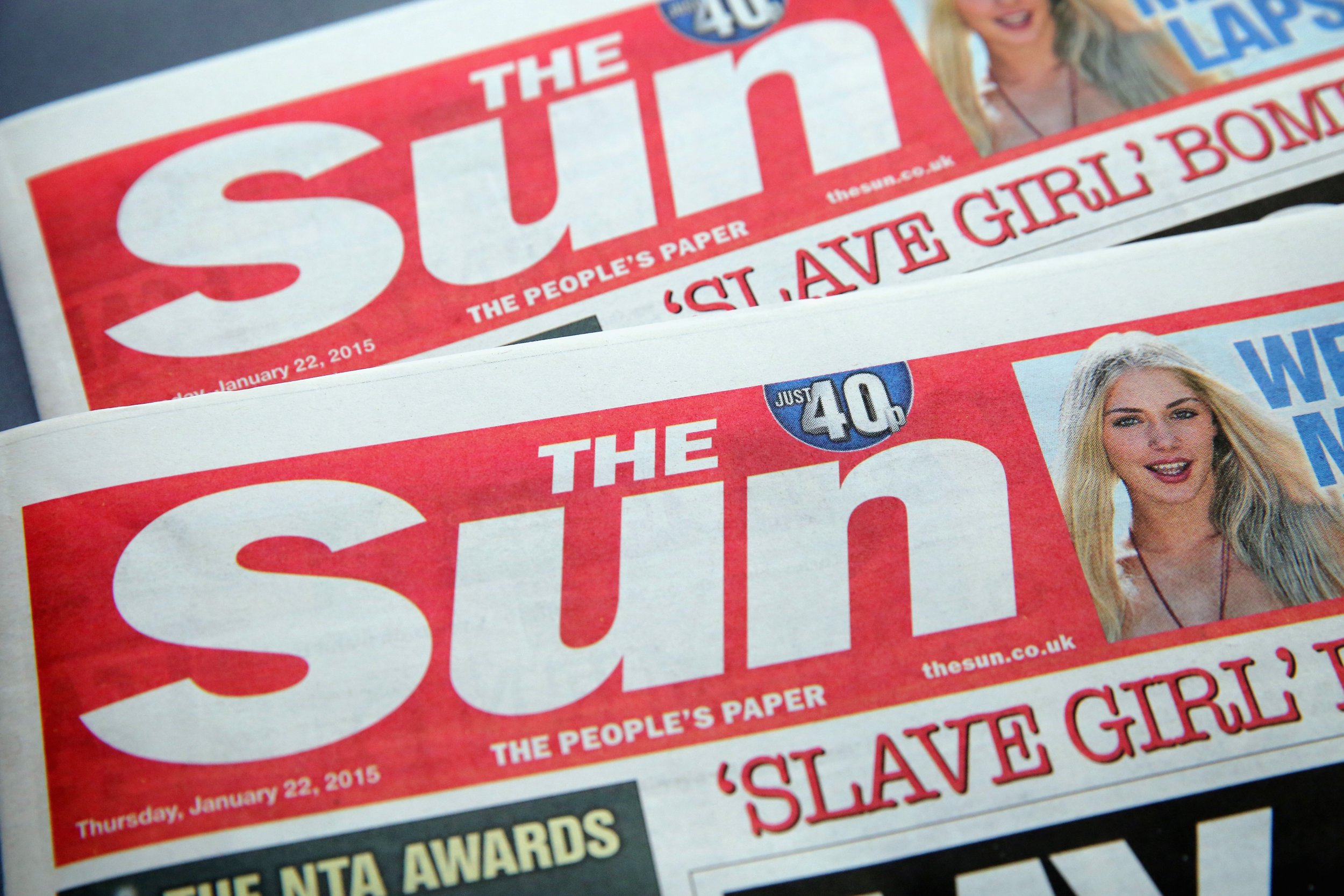The Sun is dealing with a staggering £68 million loss, with the company still drowning in legal expenses more than a decade after the phone-hacking scandal began. As revealed by The Guardian, the company is “still spending an eighth of its revenue” dealing with the repercussions related to the scandalous activities of The News of the World whilst facing new legal cases involving prominent figures such as Prince Harry.
The tabloid is also struggling to retain its title as “the UK’s biggest-selling print newspaper” with daily sales falling 8% to 1.38 million in the year to July as it battles a growing online demand against the Mail Online. Recent activity within Murdoch News UK has also seen a major reshuffle, with the appointment of Victoria Newton as editor-in-chief and Tony Gallagher’s move to sister company, The Times, as deputy editor following four years at the tabloid.
The Sun spent an enormous £54 million on legal fees relating to the illegal interception of voicemails combined with additional losses of £14 million, subsequent to declining print sales in the 12 months leading up to July 2019. Print sales have been down, with 125,000 fewer sold during the same period in 2018. Despite this, Murdoch News UK claimed more people were visiting their online platform and declared that 32.8 million adults visited the site last year, 3.6 million more than the previous.
Losses would have been substantially higher according to the Telegraph, “the losses would have topped £100m had The Sun not benefited from a £40m payment from the Australian gambling operator Tabcorp for pulling out of Sun Bets, a joint venture which failed to challenge established bookmakers.”
The declining financial situation of the Sun is juxtaposed by the performance of its sister company which owns the Times and the Sunday Times. The boost in revenue for the two more upmarket papers has been attributed to the introduction of a hard paywall, which has seen a growth of 300,000 digital subscribers – closing in on the doom and gloom of print sales.
With plans to bolster their digital outreach but faced with a decline in print sales, how will the Sun survive? Recently, the decision to appoint Keith Poole – previous digital editor – as the new deputy editor-in-chief would suggest that the Sun is feeling the pressure to attract more of an online audience, especially with the threat of the Mail Online stealing their top spot in print readership.
However, recent events such as the tragic death of late TV presenter, Caroline Flack saw a huge online backlash towards the Sun Online wherein Twitter users highlighted a deleted article mocking the recent assault case with Flack and boyfriend, Lewis Burton.
The Sun removed a “brutal” Valentine’s Day card – which mocked the deceased former Love Island presenter – immediately after news broke out about the presenter’s death. Flack had been repeatedly scrutinised by the tabloid press following her arrest for the alleged assault against her boyfriend, Burton. As Flack’s tragic story began to attract more attention on social media, hashtags such as #DontreadtheSun and #BlocktheSun began to circulate. Since the presenter’s death, calls have been made for a law to be created as a protection mechanism for celebrities against the press as well as for the police to intervene and regulate social media channels.
With the ever-growing popularity of social media, the current issue of debate is whether print news will continue to flourish? Think about how you obtain and read the news… do you pick up a daily newspaper or do you refresh your feed every morning?
James Mitchinson, editor-in-chief of the Yorkshire Post, made an interesting observation regarding the future of journalism. He claimed that he felt “defeated” at how clickbait sensationalism has outweighed truthful, ethical and honest journalism. Be careful with what newspapers you choose to read from and remember to #BeKind online.
Image Credit: Newsweek

